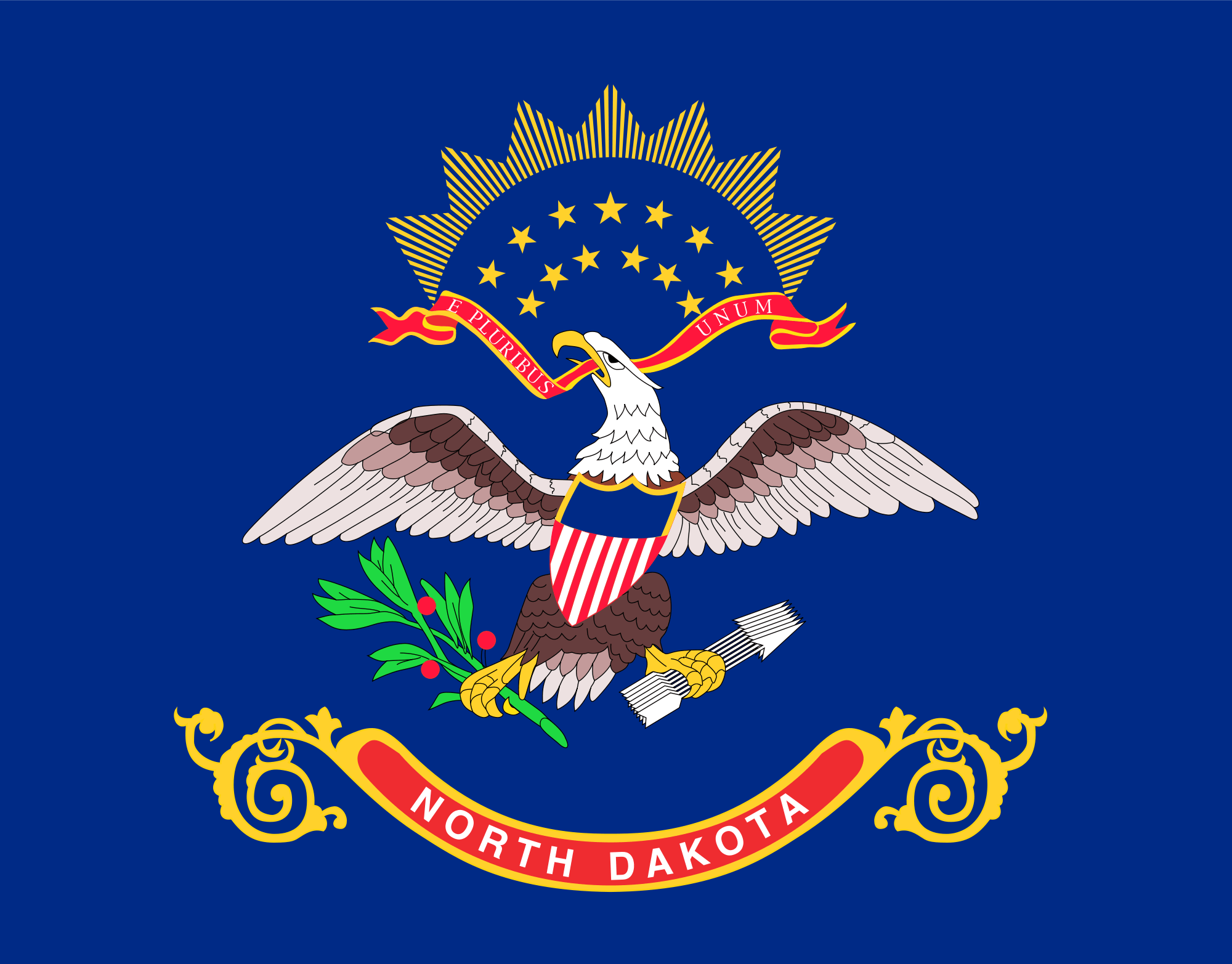On November 13, 2020, the State of North Dakota implemented several mitigation strategies to reduce the spread of COVID-19. First, North Dakota interim State Health Officer Dirk Wilke issued State Health Officer Order No. 2020-08. Second, Governor Doug Burgum issued Executive Order 2020-43.
State Health Officer Order No. 2020-08
State Health Officer Order No. 2020-08 requires the wearing of face coverings in indoor businesses and indoor public settings, as well as in “outdoor businesses and public settings when it is not possible to maintain physical distancing.” The order took effect on November 14, 2020, at 12:01 a.m. and will remain in effect until December 14, 2020, at 12:01 a.m.
More specifically, the order details situations in which the wearing of face coverings is mandatory and “[c]ircumstances where mandatory face coverings may be temporarily removed.”
The following are venues and circumstances where face coverings are mandatory:
- “In an indoor business or public indoor space, including when waiting outdoors to enter an indoor business or public indoor space.” However, this does not apply to private vehicles used for private purposes or places where people live, “except that workers entering another person’s living unit for a business purpose are required to wear a face covering when doing so.”
- “At an outdoor business or public outdoor space … where physical distancing cannot be maintained.”
- “When riding on public transportation, in a taxi, in a ride-sharing vehicle, or with another person, who is not a member of the same household, in a vehicle that is being used for business purposes.”
The following are situations where a face covering may be temporarily removed, only a few of which are applicable to employers:
- “When eating or drinking in an indoor business or indoor public space, provided that at least 6 feet of physical distance is maintained between persons who are not members of the same party.”
- “While communicating with an individual who is deaf or hard of hearing or has a disability, medical condition, or mental health condition that makes communication with that individual while wearing a face covering difficult, provided that physical distancing is maintained to the extent possible.”
- “When an individual is alone, including … in an office, a room, a cubicle with walls that are higher than face level when physical distancing is maintained, a vehicle, or the cab of heavy equipment or machinery, or an enclosed work area.”
The order lists myriad exemptions from its mask mandate, including for “individuals with a medical condition, mental health condition, or disability that makes it unreasonable for the individual to maintain a face covering,” children aged four or under (although children over the age of two are encouraged to wear face coverings), and individuals at work “when wearing a face covering would create a job hazard for the individual or others.”
Businesses are also required to mandate face coverings and post one or more signs instructing workers, customers, and visitors to wear face coverings as required by the order. Further, the order requires businesses to “provide accommodations to persons, including their workers and customers, who state they have a medical condition, mental health condition, or disability that makes it unreasonable for the person to maintain a face covering.” A business “may not require customers to provide proof of a medical condition[,] mental health condition, or disability, or require customers to explain the nature of their conditions or disability.” With respect to employees, “employers must follow the requirements of other applicable laws” (e.g., the Americans with Disabilities Act) regarding “whether a business may require a worker to provide documentation of a medical condition, mental health condition, or disability related to their inability to wear a face covering.”
Lastly, a person who violates or fails to adhere to the requirements of the order may be found guilty of an infraction under North Dakota Century Code § 23-07-21(1).
Executive Order 2020-43
Executive Order 2020-43 reduces the occupancy of various businesses and imposes a variety of other requirements, which are discussed in the table below.
| Business Type | Requirements |
| Banquet, ballroom, wedding, and event venues |
|
| Bars, restaurants, and food service establishments |
|
Notably, Executive Order 2020-43 does not contain any specific enforcement provision or penalties, but it does state that all local, county, and state law enforcement officers are authorized and directed to enforce the order.
Ogletree Deakins will continue to monitor and report on developments with respect to the COVID-19 pandemic and will post updates in the firm’s Coronavirus (COVID-19) Resources Center as additional information becomes available. Important information for employers is also available via the firm’s webinar programs and podcasts.






